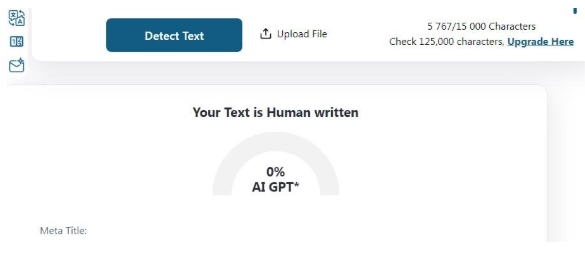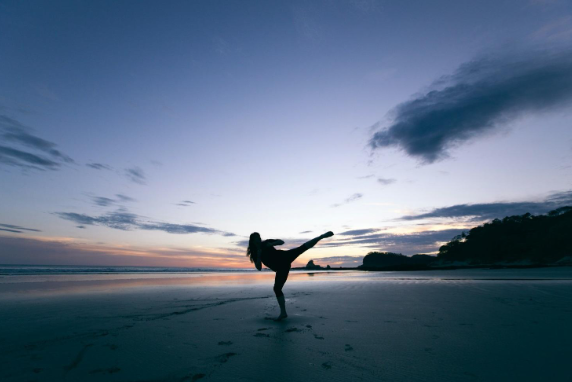The Growing Popularity of Martial Arts in African Cities
Martial arts have become more visible across African cities. What was once seen as niche training now fills gyms and sports halls. Residents of cities like Nairobi, Accra, and Johannesburg are joining classes not just for self-defence, but also fitness and focus.
Several social and digital factors are fuelling this trend. Platforms linked to http://bizbet.africa/ have noticed martial arts events as engagement grows. Urban audiences are following global promotions and local fighters alike. As these sports gain exposure, participation numbers are rising fast.
Mixed martial arts or Muay Thai are especially popular. Many fans now view these events online and join local academies to learn. Martial arts have become part of modern urban life, blending sport, wellness, and media influence.
Why African Cities Are Embracing Martial Arts
Martial arts appeal to a younger, urban crowd looking for structured physical activity. They provide more than muscle building. These disciplines offer mental clarity, community bonding, and respect for rules. In fast-growing cities, such sports serve both health and cultural needs.
The following reasons explain why martial arts have gained ground:
- More events streamed across Africa through mobile-friendly platforms
- Social media showcasing African fighters in global tournaments
- Demand for fitness options that go beyond traditional gyms
- Rise of local competitions offering prize money or sponsorships
Some online services have made it easier to follow fighters and leagues. Betting platforms now track combat sports closely. Events deals with live odds and match stats. Users of the bizbet apk can view martial arts match data alongside other major sports, reflecting its growing relevance in betting.
Martial Arts and the Digital Sport Economy
Urban interest in martial arts is not limited to participation. Digital engagement with this sport has opened new revenue channels. Video content, training apps, and online challenges all bring in attention. This is why platforms like https://www.bizbet.africa/line list martial arts matches among their live markets.
This visibility allows African athletes to gain support. Fighters use social media and betting-related exposure to build their brands. They also join online events or represent African cities in international promotions.
The trend is also shifting how betting operates. More users now place bets on MMA or kickboxing matches. The fact that betting apps are redefining sports wagering applies here as well. With easy access to live updates and analysis, users treat martial arts betting as they would with football or basketball.
Urban Growth and Its Influence on Martial Arts Culture
African cities are expanding, and this affects lifestyle choices. As populations grow, access to organised sports increases. More people live near training centres. More public events promote martial arts. This availability leads to increased enrolment and match attendance.
Many fighters also train part-time while working full jobs. This dual lifestyle is common in urban Africa. Gyms often run early morning or late-night sessions to serve workers. It creates a new class of semi-professional fighters who compete locally and attract sponsors.
What started as underground matches in warehouses or backyards now happens in licensed venues. Sporting bodies in several countries are drafting frameworks to support the rise of martial arts. These steps will bring more structure, safety, and investment to the scene.
Where the Trend Is Headed
Martial arts in Africa’s cities are becoming more formal, visible, and digitally linked. Training is more accessible. Content is more engaging. Events are better marketed. The combination of sport, betting, and urban culture pushes this movement forward.
For many users, the interest is not just winning bets or getting fit. It is about following local heroes, joining a respected discipline, and feeling part of a wider sports shift. Urban Africa is shaping martial arts in its own way – tech-first, media-rich, and fast growing.




